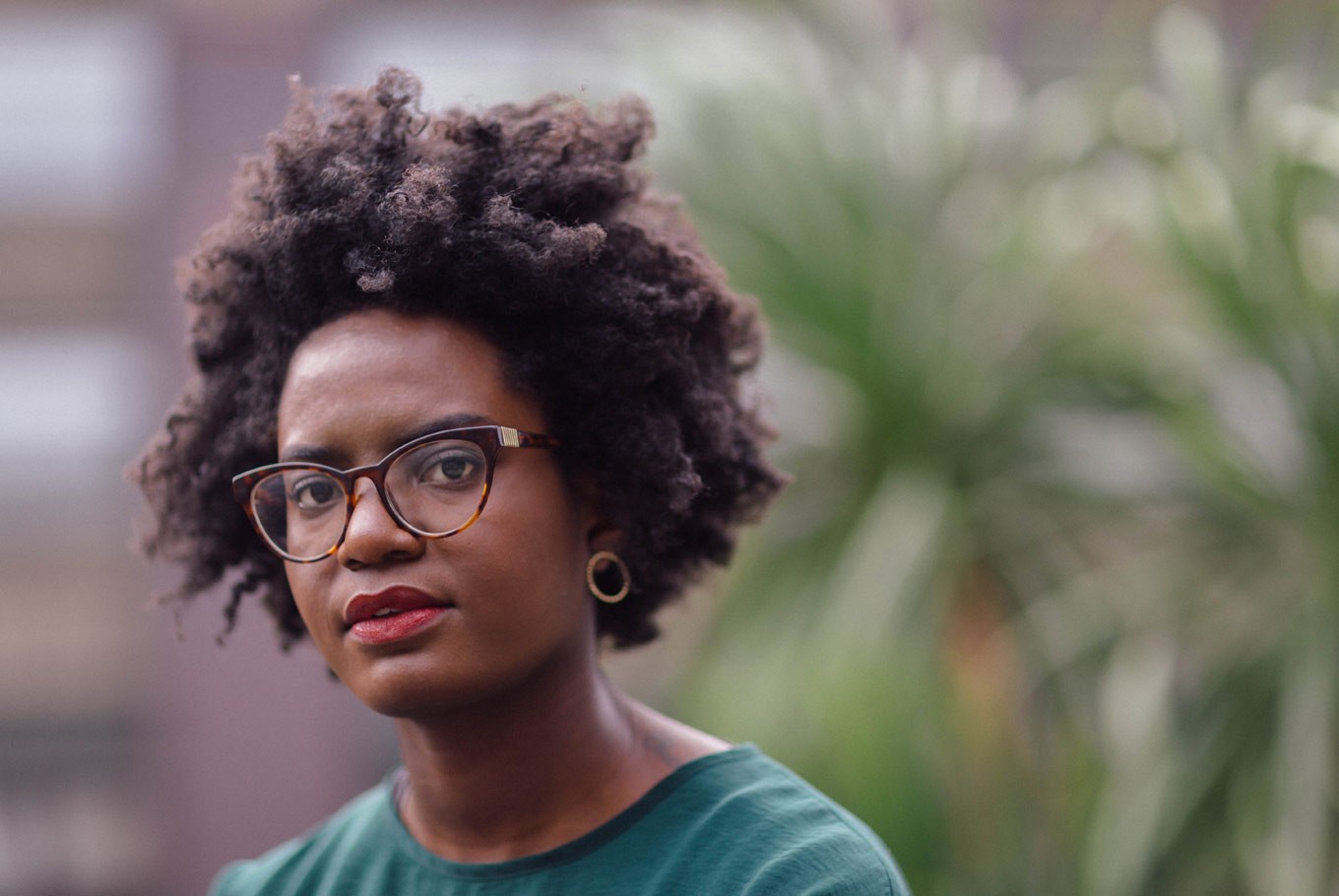Popular Reads
Top Results
Can't find what you're looking for?
View all search resultsPopular Reads
Top Results
Can't find what you're looking for?
View all search resultsReni Eddo-Lodge: Sticking around to talk about race
"I think the answer to ‘what can I do?’ can be found in challenging the injustices you see closest to home."
Change text size
Gift Premium Articles
to Anyone
W
hy I’m No Longer Talking to White People About Race began as a blog post in 2014, when journalist Reni Eddo-Lodge vented her exasperation with how conversations about race usually turn out, with white people claiming that "this is not always about race" or that they "don’t see race at all".
But then, after she hit publish, the award-winning journalist found herself in constant urgency to talk about race. Three years after her post, Why I’m No Longer Talking to White People About Race had grown into a 272-page book published by Bloomsbury, available at all major Periplus outlets in Indonesia.
The Jakarta Post talked to Reni via email on how the conversation about race is going after the book’s publication and what to do about racism.
How much has your personal life changed since the essay and the book?
When I wrote my original blog post, I was setting a boundary for my own sanity. I didn’t really expect anyone to read it, because I had this tiny blog that nobody cared about. The response to my blog post convinced me that this was a perspective that needed to be heard, but when it came to the book’s publication day, it still felt like the closing of a chapter. I’d said my piece, done my research and now I could walk away. But the world insisted that I should stick around and talk to a bit more, and that’s what I’ve been doing since. I’ve been consistently surprised at the demand, but I think that this is a positive sign. People want a fairer society.
You have continued talking to people, both white and black, about race since the publication of your blog post and the book. How's the conversation going?
Much better now that I have a book behind me! It gives me an air of legitimacy, but there’s nothing written in the book that I wasn’t saying when I was a rabble-rousing activist. It was harder to have these conversations back then because there was so much missing from the public conversation about racism, so much context lacking, that people would look at me as though I was talking a different language. With this book, I wanted to provide all that context and history so that the antiracist perspective could be a bit more understood.
What's the most baffling thing people say to you about your book?
When people look to me for direction I find it baffling! I understand the intent, but I wrote the book with the hope of readers feeling empowered and equipped to change the world. I think the answer to ‘what can I do?’ can be found in challenging the injustices you see closest to home.
Read also: 5 books Yuval Noah Harari wants you to read
It must be frustrating to challenge racism as a deeply rooted system. What keeps you going?
I make sure that I have a clear demarcation between my working time and my resting time. I think that’s critically important, whether your antiracism work is paid or unpaid.
One chapter in your book that intrigues me the most is the fear of a black planet. We have something like that here in Indonesia, as the Chinese-Indonesian minority is often discriminated against and now there is even a conspiracy of a Chinese takeover. Why do you think the majority has this fear? How can we find the best counter-narrative against such a conspiracy?
I think this fear exists in the powerful because of an unacknowledged recognition that the inequality that exists right now is grossly unfair, but simultaneously working out in their favor. So instead of working against the unfairness, this recognition is projected out at the people who are already being discriminated against. Theories of takeovers are never borne out in the demographic data about race and power. This is just the powerful pretending to be victims. We should call it what it is – racism.
Are you working on a new book right now?
I’m enjoying taking some time to read and research, but I’m yet to see if this thinking period evolves into a new book.
What are some books you recommend that can help us understand racism better?
The bibliography of WHY I’M is a great place to start. Some of my additions might seem a little left field, but every book on that list helped me understand how power manifests, which in turn helped me understand how racism works. (kes)
-------------------
Reni Eddo-Lodge will take part in the 2018 Ubud Writers and Readers Festival, held on Oct. 24-28 in Ubud, Bali.












